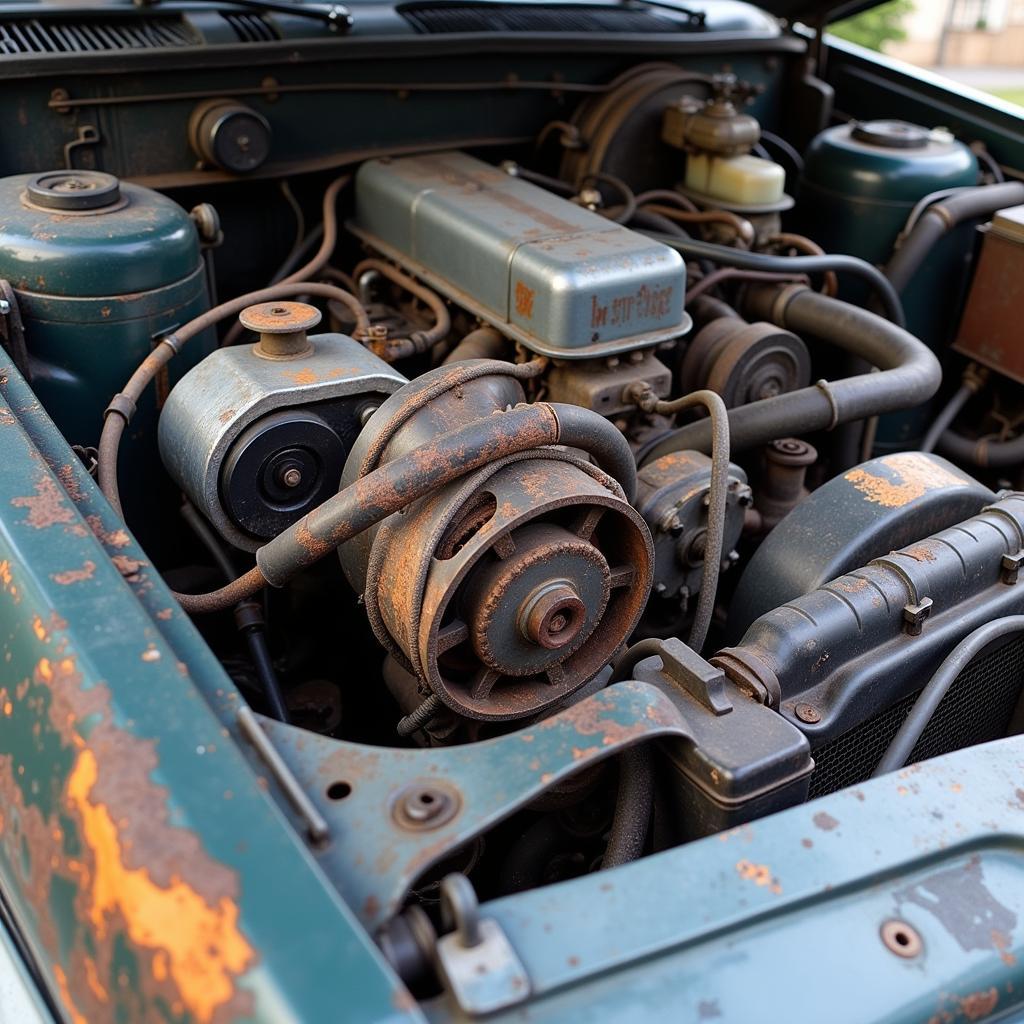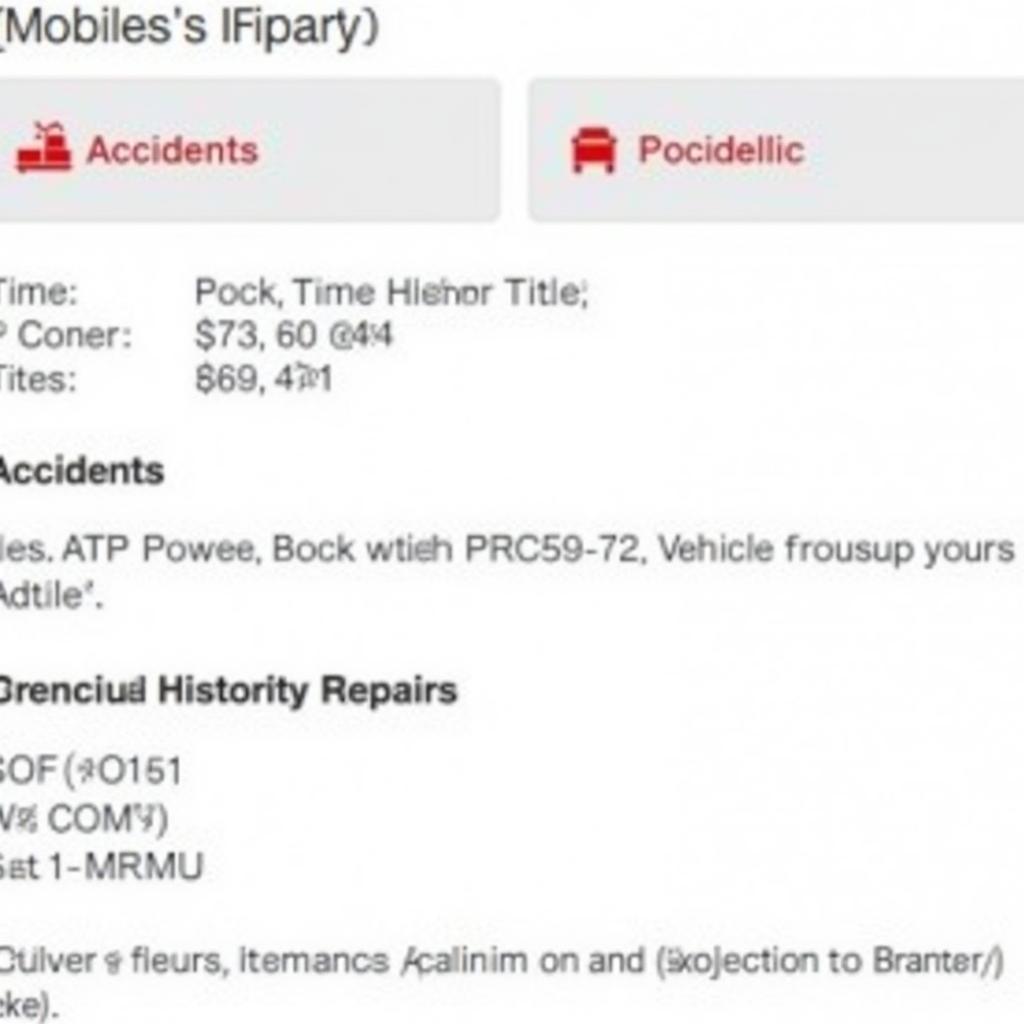You finally did it! You’ve found the perfect pre-owned car, and you’re ready to hit the road. But wait! Before you sign on the dotted line, it’s essential to be aware of potential problems that could arise after buying a used car in Ontario. While it’s a great province to find great deals on used vehicles, you should always be cautious, even if you’re buying from a reputable dealership. This article will help you navigate the potential issues and make sure your used car purchase is a smooth ride from start to finish.
Understanding the Risks
Buying a used car, even from a dealership, always involves some level of risk. The biggest concern is that a car may have hidden issues, or pre-existing damage that wasn’t disclosed during the sale. This is where you need to do your research and protect yourself.
What Happens If a Used Car Has Problems?
You might think that if you buy a used car from a dealership, you’re covered. However, that’s not always the case. While some dealerships offer a warranty, it’s often limited and may not cover all types of problems. You may be stuck paying for repairs yourself, and that’s not what you want to deal with after already making a big purchase.
 Used car engine with visible damage.
Used car engine with visible damage.
Essential Steps to Take Before Buying a Used Car in Ontario
Here’s a comprehensive guide to help you avoid potential problems and ensure a successful used car purchase:
1. Thoroughly Inspect the Vehicle
- Take your time: Don’t rush the inspection! A detailed examination is crucial to identify any underlying problems.
- Look for signs of damage: This includes dents, scratches, rust, and any signs of repairs.
- Check the fluids: Make sure the engine oil, transmission fluid, and brake fluid are clean and at the correct levels.
- Test drive the car: Pay close attention to how the car handles, brakes, and accelerates. Listen for any unusual noises.
2. Get a Pre-Purchase Inspection
- Hire a qualified mechanic: Don’t rely on the dealership’s inspection alone. An independent mechanic will give you an unbiased assessment.
- Discuss the findings: The mechanic will provide you with a report outlining any issues they find.
- Negotiate based on the inspection: The report will be crucial in negotiating the price or even walking away from the deal if major problems are uncovered.
3. Research the Vehicle’s History
- Obtain a CarProof report: This will provide you with the vehicle’s history, including any accidents, repairs, and outstanding liens.
- Check for any red flags: Be cautious if the vehicle has a history of accidents or multiple owners.
- Compare market value: Use online tools like Kelley Blue Book or Canadian Black Book to get an accurate estimate of the car’s fair market value.
 Sample CarProof vehicle history report.
Sample CarProof vehicle history report.
4. Negotiate a Fair Price
- Don’t be afraid to haggle: Use the information from the inspection and the vehicle history report to leverage your negotiation position.
- Consider a lower price: If you’re buying a car with known issues, it’s reasonable to offer a lower price to cover potential repairs.
- Be firm but polite: Remember, the goal is to get the best deal possible while maintaining a professional and respectful demeanor.
Understanding Your Rights as a Buyer
Ontario’s Used Car Sales Act
The Ontario Used Car Sales Act protects consumers when buying a used car. Here are key provisions you need to know:
- Disclosure of Defects: The dealer must disclose any known defects in the vehicle to you before you buy it.
- Lemon Law: If you discover a major defect within the first 30 days of owning a used car, you may have the right to return the car for a full refund.
- Warranty: Dealers must offer a minimum warranty on used cars, usually covering the engine and transmission.
- Cooling-Off Period: In some cases, you may have a 3-day cooling-off period to return the car for a full refund.
What to Do If You Discover Problems After Purchase
If you discover issues with your used car after purchase, here’s what you need to do:
- Document the problem: Take pictures and videos of the issue.
- Contact the dealer: Notify them of the problem in writing.
- Seek legal advice: If you’re unable to resolve the issue with the dealer, consider consulting with a lawyer.
Common Problems with Used Cars in Ontario
Here are some of the most common problems you might encounter when buying a used car in Ontario:
- Engine Issues: Used car engines can wear down over time, requiring repairs or even a replacement.
- Transmission Problems: Similar to engines, transmissions can experience issues, leading to slippage, rough shifts, or complete failure.
- Body Damage: Cars may have hidden damage from accidents, such as frame damage or rust.
- Electrical Problems: Electrical systems can deteriorate with age, leading to malfunctioning lights, windows, and other components.
 Mechanic inspecting undercarriage of a used car.
Mechanic inspecting undercarriage of a used car.
Tips from a Mechanic:
“I highly recommend getting a pre-purchase inspection from an independent mechanic,” says John Smith, a certified automotive technician in Toronto. “Don’t be afraid to ask questions. A good mechanic will be able to spot potential problems that could lead to costly repairs down the road. It’s better to be safe than sorry!”
“Remember,” adds Sarah Jones, a certified mechanic from Ottawa, “you’re not just buying a car, you’re buying peace of mind. Taking the time to do your research and get a thorough inspection will give you the confidence you need to make an informed decision.”
Conclusion
Buying a used car in Ontario can be a rewarding experience, allowing you to get a great deal on a reliable vehicle. However, it’s essential to be cautious and take the necessary steps to protect yourself. By conducting a thorough inspection, getting a pre-purchase inspection, researching the vehicle’s history, and understanding your rights as a buyer, you can significantly reduce the risk of encountering problems after purchase. Remember, buying a used car is a significant investment, so be sure to do your homework and ensure it’s a decision you can feel good about!
If you have any questions or need help with your used car purchase, don’t hesitate to contact AutoTipPro at +1 (641) 206-8880. We’re always here to help!
FAQs
- What are the signs of a major engine problem in a used car? Signs include excessive smoke, unusual noises, oil leaks, and a loss of power.
- How much should a pre-purchase inspection cost? The cost of a pre-purchase inspection can vary depending on the mechanic and the type of vehicle, but it’s usually between $100 and $200.
- What should I do if a dealer refuses to give me a refund? You can file a complaint with the Ontario Ministry of Consumer Services.
- What is the difference between a CarProof and a VIN check? A CarProof report provides a comprehensive history of the vehicle, while a VIN check only provides basic information.
- Can I negotiate the price of a used car even if it’s advertised as “as-is?” Yes, but you’ll likely have less leverage. It’s still worth trying, especially if there are any obvious problems with the car.






Leave a Reply